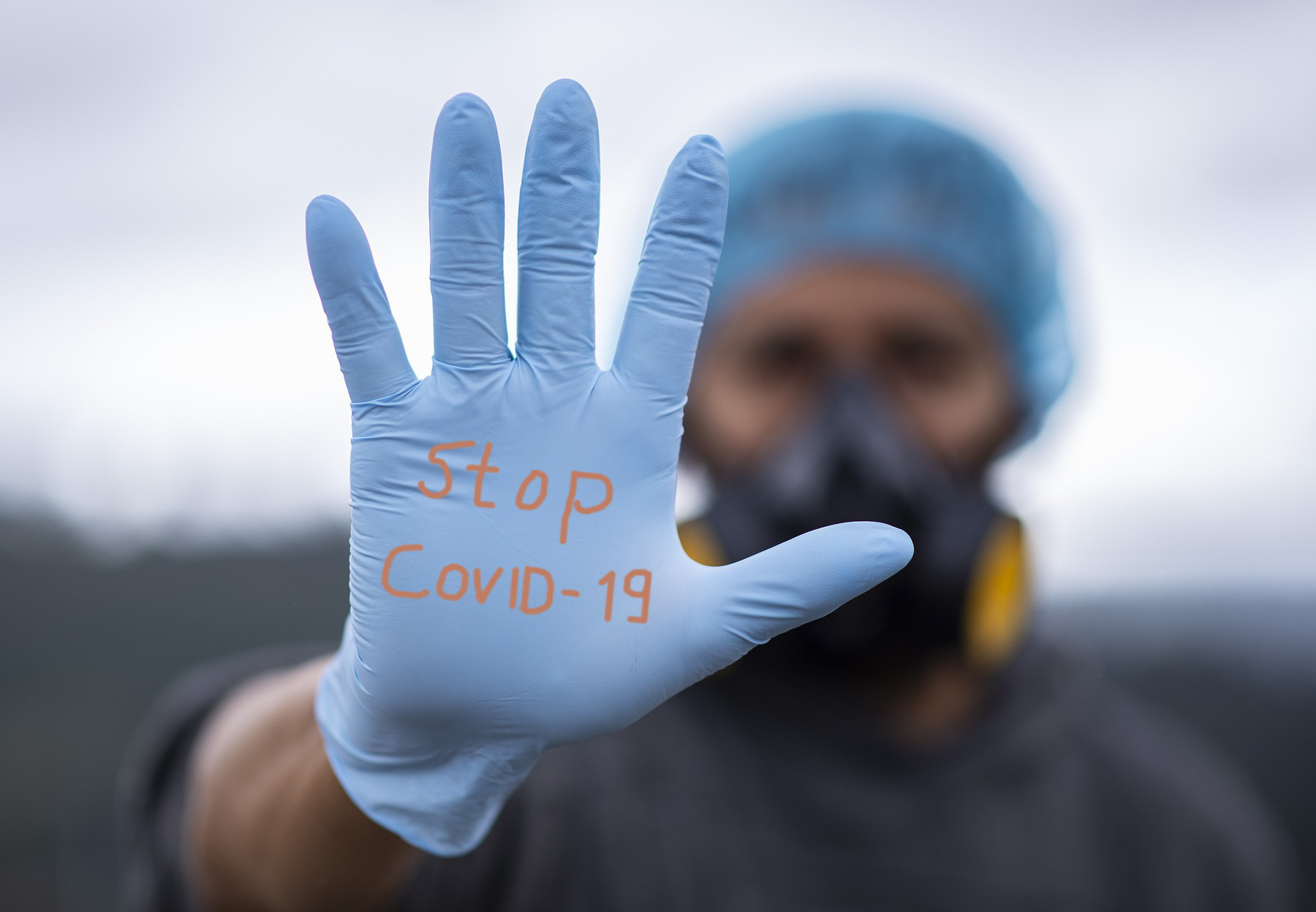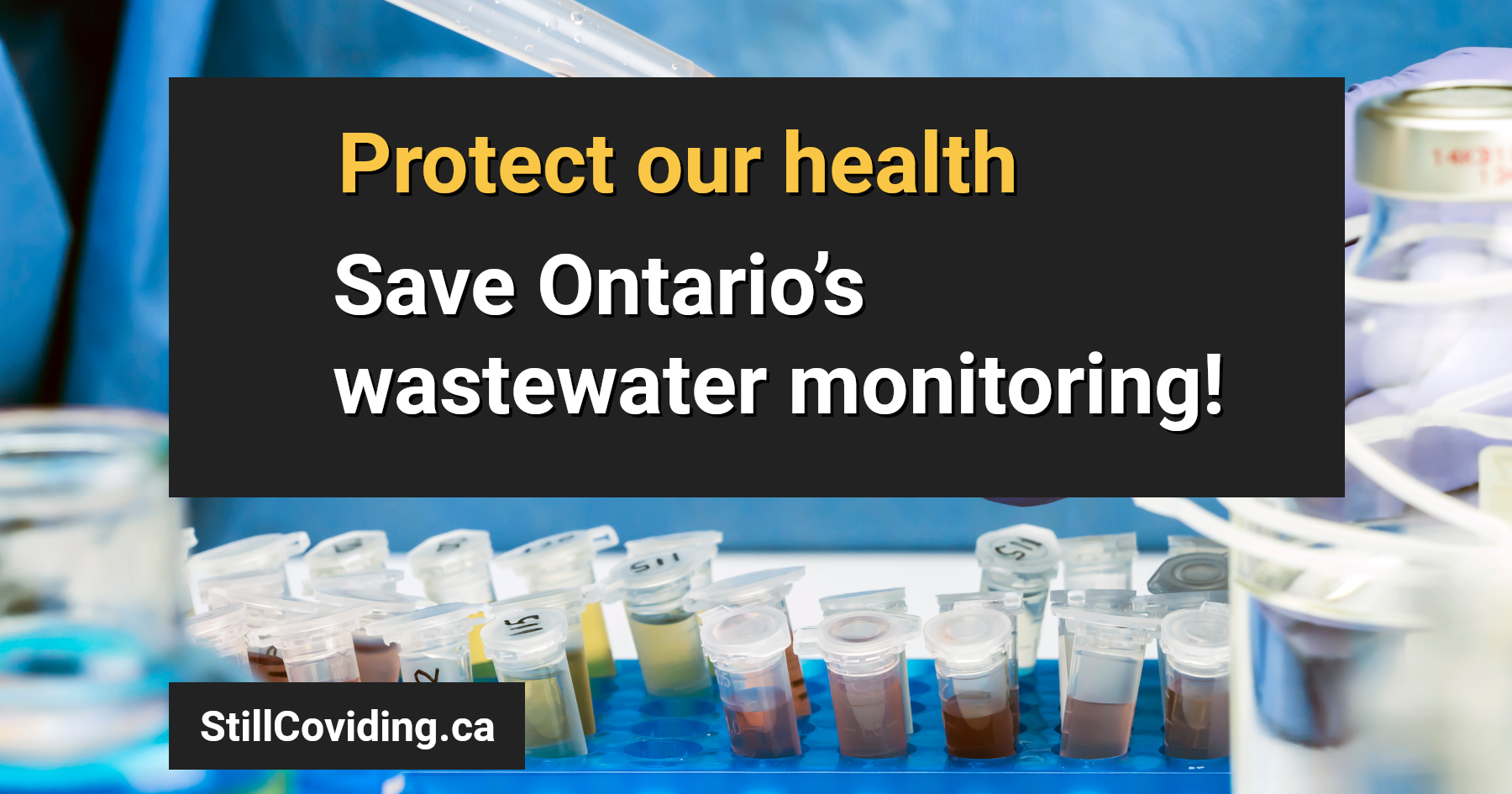Imagine, if you will, a system of disease surveillance that doesn’t rely on expensive and painful tests. It does not require us to get swabs stuck up our noses, needles poked into our arms, or even to answer banal questions about symptoms. Instead, this system asks us to go about our regular day, sleeping, waking, eating, and … defecating … exactly as we would normally. In this system, heroic nerds — out of sight and out of mind — scoop and test samples of sewage in order to tell us whether disease rates are either concerning or tolerable.
Now imagine that shortsighted policymakers decide to defund such a surveillance system, just as its worth and pioneering quality are being celebrated worldwide.
Ontario’s infectious disease wastewater testing has been among the very few bright spots in an otherwise spotty COVID pandemic response. Absent a robust active surveillance system, which would involve regular random testing of large numbers of people for a variety of diseases — such as COVID, Mpox, RSV and influenza — scientists have relied on four sources of data to measure the extent of infection in our populations: hospitalization and mortality rates, the occasional testing of people who show up sick at some hospitals (what we call “sentinel surveillance”) and wastewater testing.
Of the four, wastewater is the only method that captures nearly all cases, especially asymptomatic infections or those not serious enough to seek medical attention. With the closing of COVID testing centres and the lack of availability of at-home rapid tests for COVID and other diseases, wastewater levels have been perhaps the best metric for informing the general public about current infection risk. And that information is critical for those who need to make daily exposure and socialization decisions to protect themselves and others from infection.


